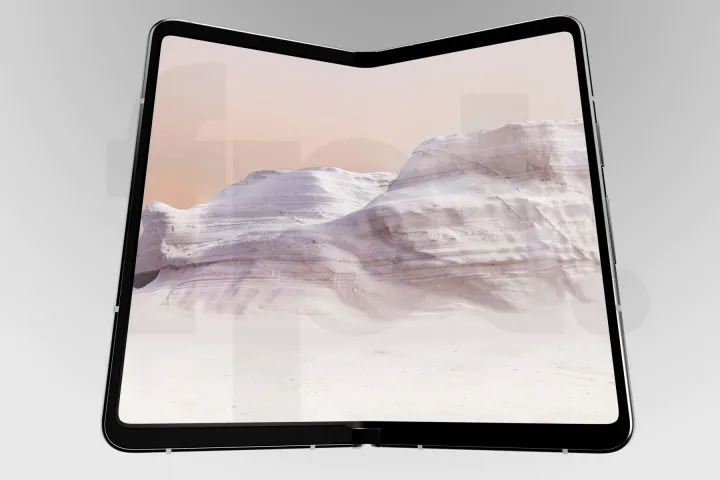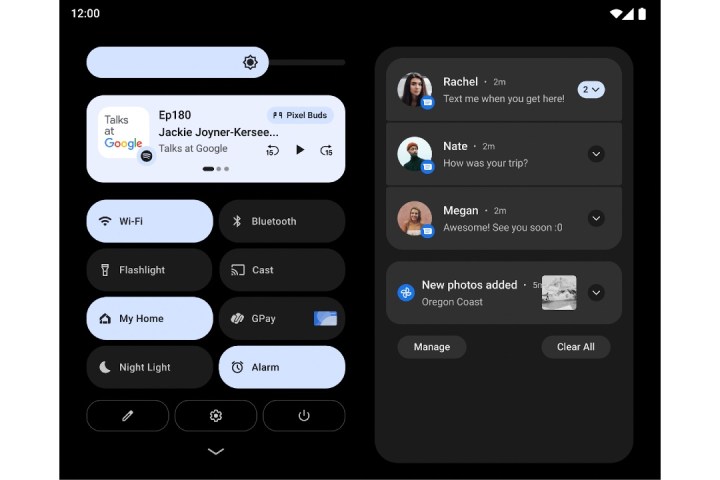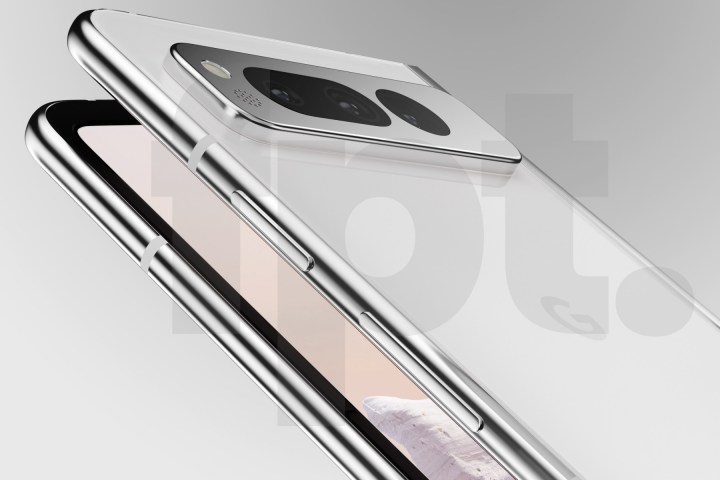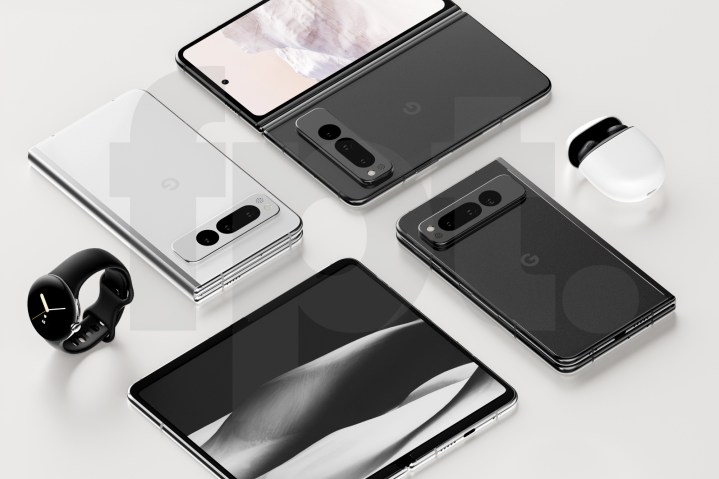We have been hearing murmurs of a foldable Pixel phone codenamed “Felix” for a while now. Yesterday, leaker Jon Prosser dropped alleged renders of the upcoming phone, which looks like a Pixel 7 Pro in the garb of an Oppo’s Find N foldable. The design looks neat, and the profile is your Pixel 7 Pro affair.
The Pixel Fold will reportedly cost a handsome $1,799 and is said to arrive in May 2023, likely tagging alongside the Pixel 7a at the next Google I/O conference. But what worries me is why Google is making a foldable Pixel in the first place. And so far, I haven’t managed to wrap my head around it.
The curse of the Pixels

Google’s Pixel phones have cultivated a solid reputation for offering the best Android experience out there. And, of course, great cameras. But they’re also notorious for issues ranging from terrible battery life and software woes to poor thermal management and connectivity problems.
The Pixel series finally achieved what it was destined for from the start — that is, embodying the iconic Nexus formula — with the
“We recently had our highest selling week ever for Pixel, and I’m really proud of the positive reviews so far,” Alphabet CEO Sundar Pichai said during the company’s third-quarter 2022 earnings call a few weeks ago. Digital Trends’ reviews of the Pixel 7 and its Pro variant back up the claims of Google finally making a good
And that begs the question — why a foldable phone? Despite its best ambitions, Google has never really nailed its Pixel phones. It took seven generations to finally make a Pixel phone that I can recommend to buyers without warning them of any major caveats.

Foldable phones are notoriously difficult to master compared to regular phones. Just take a look at Samsung and its botched first-generation foldable phone. Despite all the billions in its coffers, oodles of talent, years of research, and the world’s most advanced display tech division, Samsung faltered in its first attempt.
It took the company a couple more generations to strike a balance between durability, design, and practicality. Expecting Google to land a bullseye with its first foldable phone — especially with the tainted history of Pixels — would be ignorant, at best. And foolish, at worst.
Then there’s the eye-watering asking price of $1,800. Irrespective of how good the phone turns out to be, it’s still very much a first-gen Pixel phone of its kind, which in itself is a deterrent. Plus, it will have a hard time one-upping Samsung’s own next-gen foldable phone.
A widening software schism

Pixels are known for their no-bullshit pure
However, in doing so, Google will further widen the gulf between the “boring”
If Google goes all in on developing exclusive

Yes, Pixels are great phones, but Google doesn’t rely on phone sales to stay afloat. Instead, they serve more like a platform to showcase the best that
After all, why spend a thousand dollars on a Samsung or OnePlus phone and still not have the same add-on features as the Pixels? Meanwhile, a $999 iPhone offers the best of iOS without any caveats. But here’s the tricky part.
Google will have to create those exclusive software experiences to help its foldable phone stand out since it is going straight against Samsung’s own foldable phones, which are currently the gold standard in the industry. Obviously, at $1,799, Google’s Pixel foldable better stand out in every way it can.
Trying to beat Samsung at its own game

Then there’s the challenge of actually beating Samsung. It would be unwise to imagine that the Google phone’s hardware — especially the foldable screen and hinge tech — will be superior to Samsung Galaxy Z Fold 4 or its successor. Samsung has spent years refining everything from the battery life and thermals to the durability aspect.
Then there’s the firepower problem. The second-gen Tensor chip is still not as powerful as Qualcomm’s best chip inside Samsung’s foldable, and it’s far behind Apple silicon. It would be nigh impossible for the foldable Pixel to match those standards, let alone dream about surpassing them.
That leaves the software as the only area where Google can compete, but that too won’t be easy. Why? Samsung’s One UI 5 has supercharged the large-screen experience on its foldable phones. Either way, Google will have to create a vastly superior

In the end,
The
Editors' Recommendations
- Does the Google Pixel 8a have a headphone jack?
- Google has no idea what it’s doing with the Pixel Tablet
- The Google Pixel 8a is official. Here’s everything that’s new
- The Google Pixel 8a price just leaked. Here’s how much it’ll cost
- 5 ways the Samsung Galaxy S24 beats the Google Pixel 8
